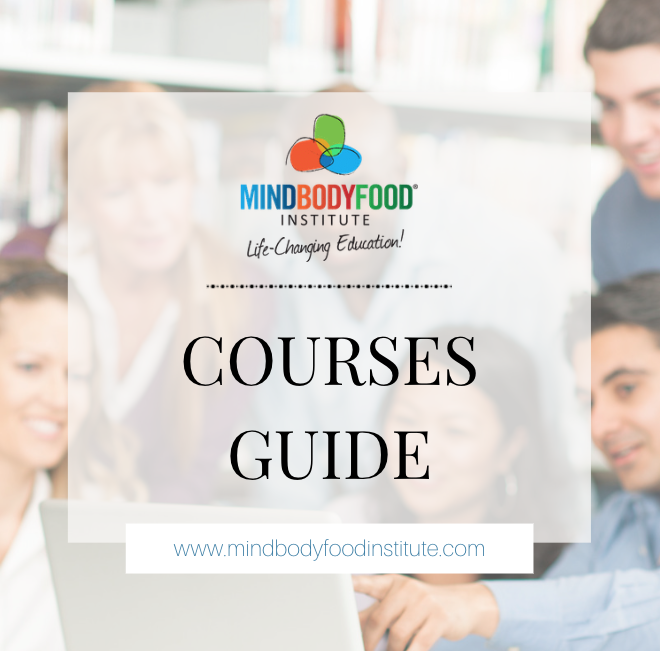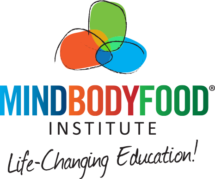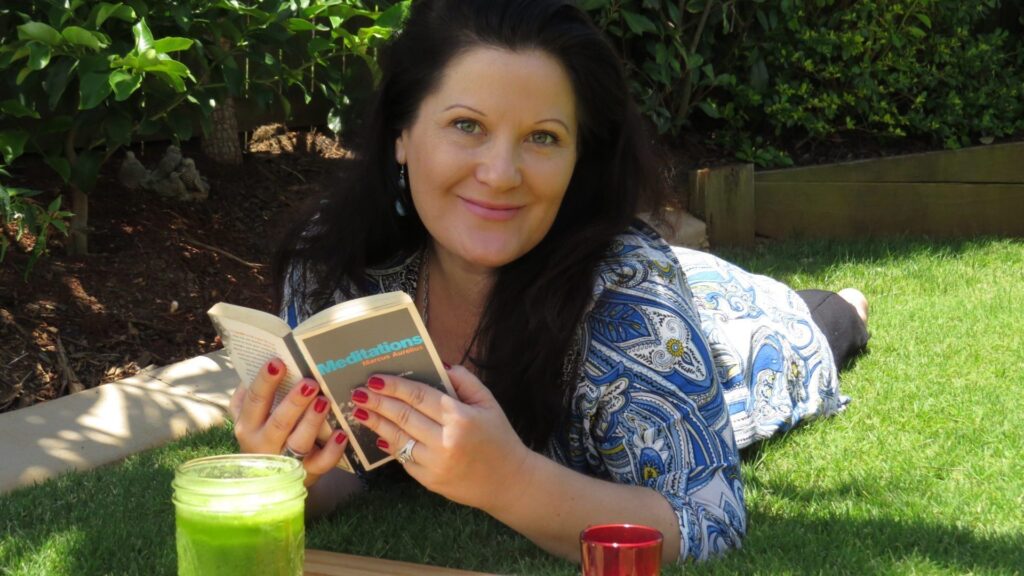What are you thinking right now?
Stop for a moment and consciously listen to the thoughts inside your head… What are they saying to you?
More often than not we go about our days without paying too much attention to the moment. We forget to take in what we are experiencing at that time and become more focused on what has already happened or what may happen in our future.
Our thoughts are constantly processing our reactions and feelings. Often this inner dialogue – our self-talk – is running in the background of our minds without any conscious awareness of what is being said.
Why should we pay attention to our inner thoughts?
Because your self-talk – that little voice in your mind chattering away while you continue about your day – is always shaping and defining what you think about the world around you and your place in it. So powerful is our self-talk that when you think negative thoughts about yourself or your life it will affect your self-image (how you see yourself), what you believe to be true and how you interact with others.
This is a form of mental stress which can potentially be self-destructive by affecting our decision making, behaviour and ability to overcome life’s obstacles.
What can you do?
Positive thinking is a set of skills we can learn to help us become aware of our self-talk and change any negative thinking patterns that have formed beliefs in us that are unhealthy or even untrue. This way we can become pro-active in our lives by making conscious decisions that benefit us instead of simply reacting to the world around us in a negative way. The longer our bodies feel the weight of our stress the increased likelihood of the development of illness, chronic pain or serious disease.
The development of positive thinking skills requires us to replace our old habits of thinking negatively with new habits of thinking in a more positive or proactive way. It isn’t about ignoring what’s going on in our lives. It’s more about becoming aware of what is important and relevant to us in the moment, and learning to let go of thoughts about things that are not.
There are several tools we can use to help us develop Positive Thinking skills.
Each of the following assist us to become aware of our thoughts, understand how we came to think them, diffuse the physical manifestations of them, and help to reframe them for a healthier mind and body.
1. Journaling
Life isn’t always within our control and things happen and can happen to us. For this reason, journaling is a great tool to help us sort through our thoughts and develop the habit of isolating worry from the rest of our thoughts so that they don’t take over. By writing certain things down we are able to ease our internal stress by reducing mental chatter and worry. With our thoughts on the page we can see then more clearly, separate fact from fiction, and do something about what’s bothering us where needed. To do this we use a daily Gratitude Journal in combination with Worry Time and Reflection.
2. Worry Time
Allocating a small amount of time per day to ‘worry’ helps us to acknowledge what we are concerned about and put it into perspective. It also frees up our working day from worrying about things that we can do very little about at that time. Knowing we will have time later to ‘worry’ enables us to concentrate on the tasks at hand and increase productivity in areas where we need to be focused, such as work or other daily commitments.
Using an allotted time solely to write down and identify what is worrying us provides the opportunity to look at our concerns in a different way. Once you have listed your worries, you then work through them one by one considering strategies to manage or eliminate your concerns. This helps us to isolate our negative thoughts and create new ways of overcoming them, therefore enabling us to help manage our stress instead of feel overcome by it.
Being Grateful
Worry time is best followed directly by a gratitude journal – writing down a daily list of what we are grateful and thankful for about ourselves and our circumstances. Through consciously bringing awareness to all the wonderful, positive and good things in our lives, we can begin to appreciate what contributes to our happiness and learn to choose positive thoughts more often. The more often you think about what you are grateful for, the more positive feelings and thoughts you are creating in your life.
Reflecting
When things happen to challenge us in life, which they will, we can reach for our gratitude lists to remind us of what is going well and what we currently have in our lives creating happiness, health and wellbeing. Reflect on your gratitude journal at intervals throughout the day or whenever you need a boost of positivity and reassurance that you are in a safe place and you can get through this period in your life.
Journaling helps us train our minds to separate worry from our daily thoughts and replace the negative thoughts with positive ones.
3. Meditation
Meditation has evolved to become a well respected, scientifically tested and medically endorsed activity. Daily meditation practice has enormous benefits to a person’s physical, mental and emotional health, and additional benefits are always being discovered on an individual basis. Meditation acts as an antidote to stress (the fight or flight response) by engaging the body to do the opposite. Meditation slows your heart rate; lowers blood pressure; reduces anxiety and depression, releases muscle tension, regulates breathing, increases sleep quality, promotes clarity of thought, activates a sense of calm and centres our minds, among many other benefits!
To gain control over your thoughts and reduce your mental chatter you need regular meditation practice to teach your mind to be centred and calm. When our minds are quiet and at peace for the majority of the time (minimal self-talk) and we are mostly thinking positive thoughts (gratitude journal) we are mentally and emotionally in a much better position to cope with stressful situations and unexpected problems when they arise, rather than be overwhelmed and overcome by them. Meditation can help us achieve this with daily practice.
4. Muscle Relaxation Exercises
Considering most people have become accustomed to feeling physical tensions on a daily basis, we have unfortunately taught our brains that this perpetual state of stress is normal and have forgotten how relaxed and good we can feel. Using exercises to promote muscle relaxation is beneficial in minimising the effects of stress in several ways: it trains our brains to recognise the first signs of physical stress and release muscle tension on command, it promotes calm in the body, a feeling of clarity in the mind, and releases our bodies from the perpetual effects of stress and tension. This enables us to take a more pro-active response to stress by recognising and managing it instead of simply reacting in either a physical or emotional way.
5. Stress Management Diary
By writing down moments throughout the day when we experience tension in our bodies, we can learn to recognise the situations that trigger our stress responses. Through using a stress management diary we can begin to understand how our bodies react to stress and how this affects our behaviour. With this information we can then look at the symptoms and causes of our situations and discover ways to reduce or eliminate them.
Stress management diaries enable us to develop problem solving skills by looking at our stress from a different perspective and thinking of ways to manage or overcome it. This gives us confidence in our abilities to work through challenging situations that present themselves in our future and provides a positive mindset through a powerful sense of ownership in our own lives.
6. Affirmations
Words are powerful to the subconscious mind. When we hear harsh words as children we sometimes lock those negative feelings into our subconscious mind as a belief that we are bad, stupid, silly, wrong etc. As we grow and move into adulthood we can sometimes hear those same harsh words repeating themselves in our subconscious as negative self-talk; think of when you do something by accident and call yourself a name.
By learning to listen to our inner critic we can set about reframing those old beliefs into new beliefs by rewording our self-talk and deciding for ourselves what is true for us. We don’t realise just how often we are thinking negative affirmations (beliefs) about ourselves or our situations until we start paying attention to our thoughts. When we use affirmations correctly we can take charge of our inner beliefs and change the information that is no longer relevant or appropriate in our current circumstances to develop a more positive mindset.
What will you gain by using the above Positive Thinking Skills?
– A more accurate, assured and confident self-image.
In learning to be comfortable in your own skin and know where you’re going in life, it is essential to pay attention to your mind and body. When you listen to your self-talk you develop a greater sense of who you are and what you believe. When you listen to your body you develop an understanding of what can harm it and what you can do to heal it when you feel under stress.
With a positive mindset we can feel empowered to make choices that protect our wellbeing and contribute to a healthy mind and body in a positive way. This increases our confidence and sense of self and helps determine our future direction.
Featured image by Radu Florin on Unsplash.
Author:
Viki Thondley
Viki Thondley-Moore is an Integrative Holistic Counsellor, Brain-Based Coach, Clinical Hypnotherapist, Mind-Body Somatic Practitioner, Wellness Coach, Meditation Teacher, Educator and Disordered Eating Specialist. Viki is founder of MindBodyFood and Founder/Director of the MindBodyFood Institute.
DOWNLOAD OUR COURSES GUIDE
Learn More About Our Course Offerings and Discover Which New Wellbeing Career Best Suits Your Passion!








